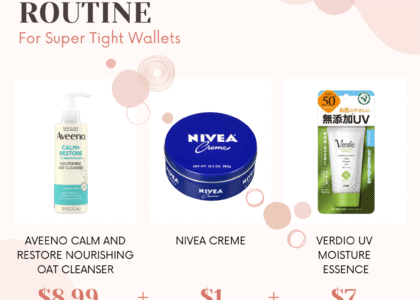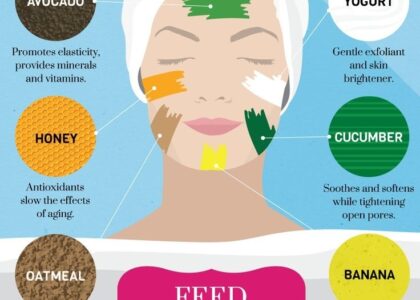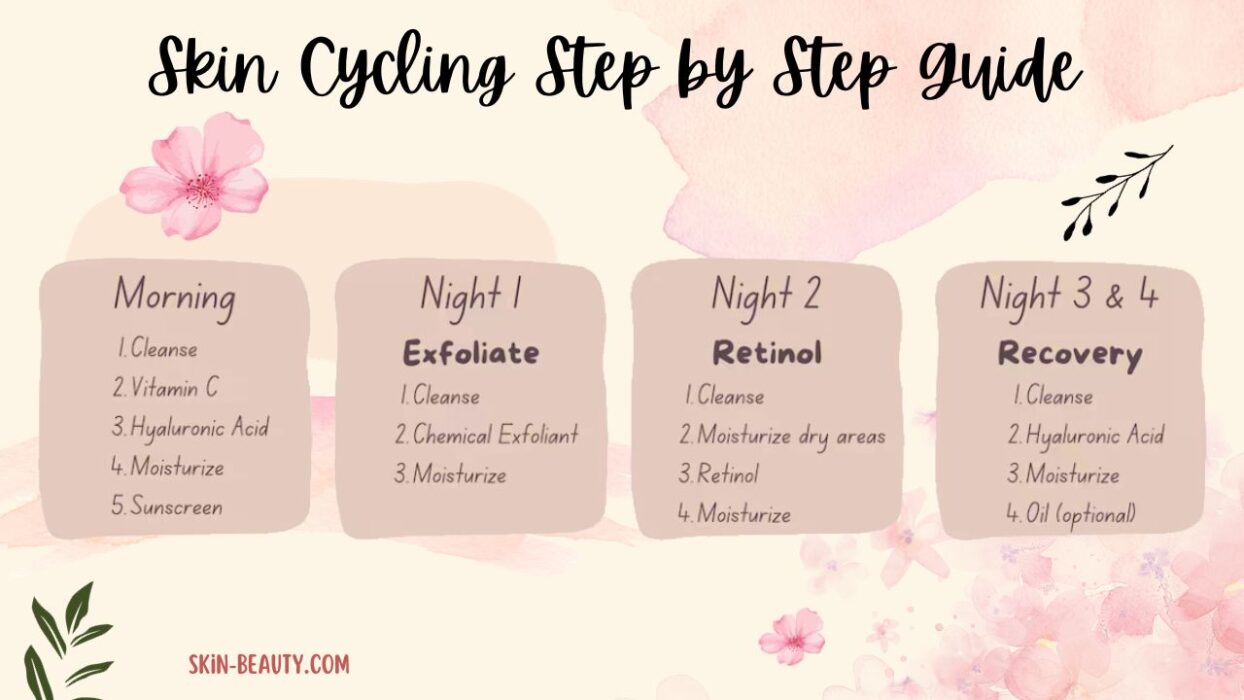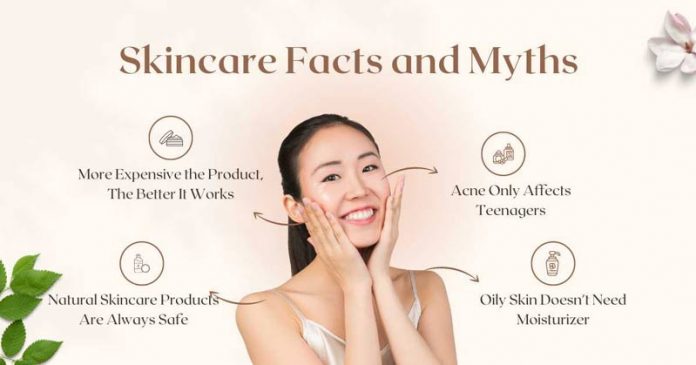“Natural,” “organic,” “clean”—these buzzwords dominate the skincare aisles, promising gentler, safer, and more effective results. But what do they really mean? And more importantly, are natural skincare products truly better for your skin?
In this blog, we’ll separate the marketing myths from the science, covering
- What “natural skincare” actually means
- The pros and cons of natural ingredients
- Myths vs. facts about “chemical-free” products
- How to choose safe and effective skincare—natural or not
Let’s break down the truth about natural skincare.
What Is Natural Skincare?
“Natural skincare” typically refers to products formulated with plant-based, mineral-based, or naturally occurring ingredients—often with minimal synthetic additives.
Examples include:
- Aloe vera, tea tree oil, jojoba oil, rose water, shea butter
- Essential oils like lavender or eucalyptus
- Botanical extracts from fruits, flowers, herbs, and seeds
Many natural products also claim to be:
- Paraben-free
- Fragrance-free (or using only essential oils)
- Cruelty-free
- Vegan
- Eco-conscious or sustainably sourced
However, “natural” is not a regulated term—so brands can use it freely, even if the product contains synthetic ingredients.
Benefits of Natural Skincare
1. Fewer Harsh Additives
Natural formulas often skip common irritants like synthetic fragrance, alcohols, or certain preservatives.
2. Rich in Antioxidants
Many plant-based extracts (e.g., green tea, chamomile, turmeric) are loaded with antioxidants that protect against free radicals and inflammation.
3. Eco-Friendly Appeal
Brands focusing on natural ingredients often emphasize sustainable sourcing, biodegradable packaging, and ethical practices.
4. Soothing for Sensitive Skin
Natural oils and butters (like calendula or shea butter) may be gentler for people with sensitive or reactive skin—if well-formulated.
The Drawbacks and Myths
While natural skincare sounds appealing, there are a few myths and potential risks to watch for.
Myth 1: Natural = Safer
Truth: Natural substances can be irritating or harmful too.
- Poison ivy is natural—but you wouldn’t want it on your face
- Essential oils can cause allergic reactions or burns if not diluted properly
- Natural preservatives are often less effective, increasing the risk of bacterial growth
Myth 2: Synthetic = Toxic
Truth: Not all synthetic ingredients are bad—in fact, many are safer and more stable than their natural counterparts.
Examples:
- Hyaluronic acid, often lab-made, mimics what your body naturally produces
- Vitamin C derivatives are stabilized synthetically for better shelf life and less irritation
- Preservatives like phenoxyethanol are safe in small amounts and prevent contamination
Myth 3: “Chemical-Free” Means Better
Truth: Everything is a chemical—including water! The idea that “chemicals” are inherently harmful is misleading. What matters is how a substance interacts with your skin, not whether it’s synthetic or natural.
Common Natural Ingredients to Love
If you’re interested in clean or botanical skincare, here are natural ingredients backed by science:
| Ingredient | Benefit |
|---|---|
| Aloe Vera | Soothes and hydrates irritated skin |
| Green Tea Extract | Antioxidant-rich, reduces inflammation |
| Jojoba Oil | Mimics skin’s natural oils, great for moisture |
| Shea Butter | Nourishes dry skin, rich in vitamins |
| Rosehip Oil | Fades scars, supports skin regeneration |
| Calendula | Calming, anti-inflammatory properties |
Natural Ingredients to Use With Caution
Some natural ingredients can irritate skin or cause allergic reactions:
| Ingredient | Concern |
|---|---|
| Citrus oils (lemon, orange) | Can cause photosensitivity and irritation |
| Lavender & Peppermint oils | May be sensitizing to reactive skin |
| Coconut Oil | Highly comedogenic for acne-prone skin |
| Witch Hazel | Often contains alcohol, which can dry out skin |
| Essential Oils | Powerful but need proper dilution; may trigger allergies |
What Actually Matters: Formulation
Whether a product is natural or synthetic, what really matters is:
- How it’s formulated
- How it’s preserved
- How your skin reacts
A poorly formulated natural product can be less effective—or more irritating—than a well-made synthetic one.
How to Choose the Right Skincare
DO:
- Read the full ingredient list—not just the label claims
- Look for clinically supported ingredients
- Patch test natural products before applying to your face
- Consider your skin type (dry, oily, acne-prone, sensitive)
- Choose brands that are transparent about their formulations and testing
DON’T:
- Assume “natural” means hypoallergenic
- Fall for “chemical-free” hype—every ingredient is a chemical
- Use DIY recipes with raw ingredients that haven’t been tested for skin safety
Should You Go All-Natural?
Going fully natural isn’t necessary for great skincare. A balanced routine might include:
- A natural cleanser or oil-based moisturizer
- A lab-stabilized vitamin C or retinol serum
- A hybrid sunscreen with both mineral and synthetic filters
Your skin doesn’t care if something is natural—it cares if it works.
Final Thoughts: The Truth About Natural Skincare
Natural skincare can be a beautiful, effective option—but it’s not automatically safer or better than synthetic alternatives. Focus on well-formulated, research-backed products, whether they’re plant-based or lab-made.
Natural and science-based skincare don’t have to compete—they can coexist in your routine!





